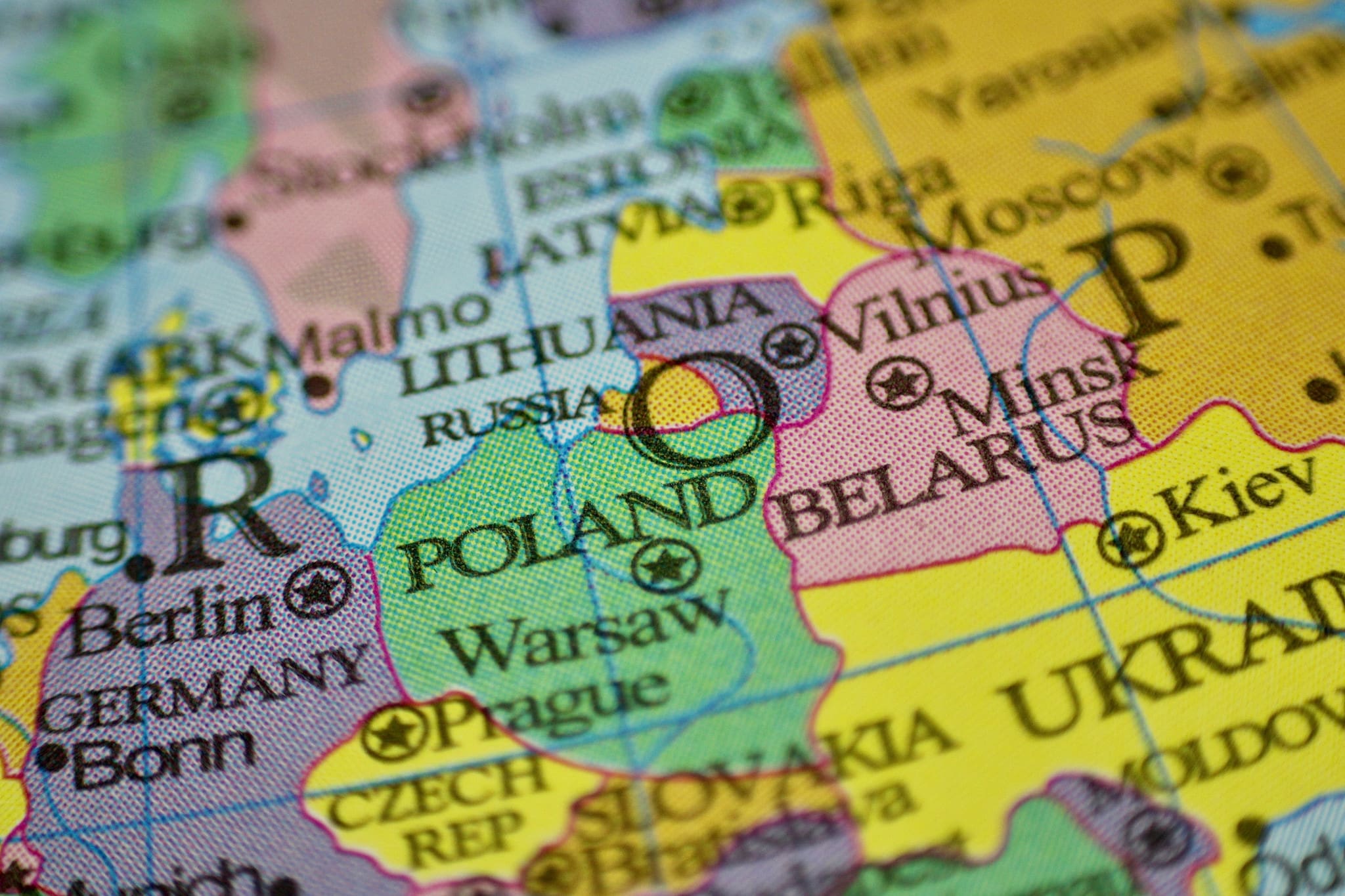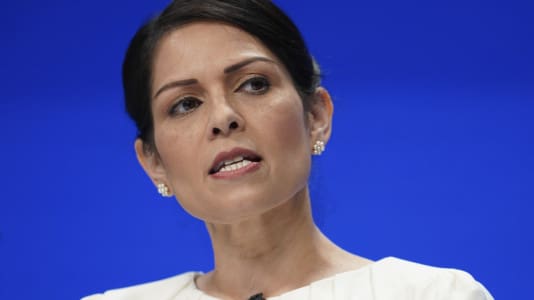The intense year which has just ended was more than yet another year of the pandemic; it was also a year in which Poland defended a “migratory” assault on its border, the year we experienced ever more concerning Russian aggression, and faced rising tensions in our relationship with the EU.
What was the most important? What will be remembered from these numerous events? Will one of these processes actually have long-lasting consequences?
I believe so. The year 2021 will be remembered as the year which set us back almost a hundred years in some ways, back to the period initiated by the Treaty of Rapallo (the establishment of cooperation between the Soviet Union and the German Weimar Republic) and which ended at the Munich Conference with Hitler completely subjugating the Versailles order.
We are once again in a very similar situation.
On one side there is Berlin, which is already openly constructing a European empire resembling a Fourth Reich. On the other, we have an increasingly aggressive and self-assured Moscow, striving to dominate the “stray” states within our region, to quote the Foreign Minister of Russia, Sergey Lavrov.
2021 has stripped us of any illusions and woken us up from a 30-year-long dream.
Of course, any historical analogy is inevitably flawed to some extent; today’s times are currently far less brutal. Furthermore, Poland seems to have a broader area in which to maneuver, and our choice is much less severe. There is also of course the presence of the United States, which had been largely absent in Europe following World War I.
There are however noticeable similarities between the dilemmas facing Poland in the current climate and those from the 1920s and 30s: how to protect Polish sovereignty when two neighboring powers shake their hands and are in agreement that Polish statehood is something of a nuisance to them, for example.
Who can Poland rely on? Can one of our neighbors even be trusted? So-called revisionists would point to Germany. The issue is, however, that Berlin has no desire to “take care” of Poland; at best it wants to divide Poland between itself and Russia.
Nord Stream 2 and everything that occurred surrounding that project made it so that one cannot have any illusions concerning the intentions of both capitals, or how instrumentally our Western neighbors have been treating the EU and other alliances focused on “friendship and good neighborhood relations.”
Perhaps everything will end differently this time. Nothing has been written in stone and much still depends on Poland, more so than in the 1920s and 30s.
Yet, the fact still remains that 2021 has stripped us of any illusions and woken us up from a 30-year-long dream. The Concert of Europe has returned, and we are back to where we always were: between an aggressive Russia and Germany. Once more, we are in the interwar.






